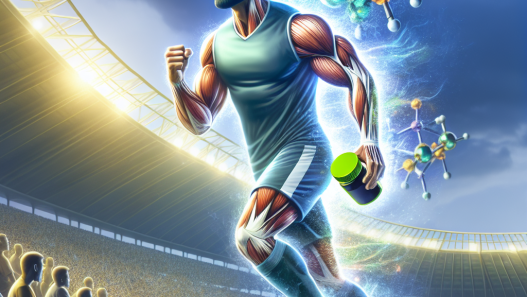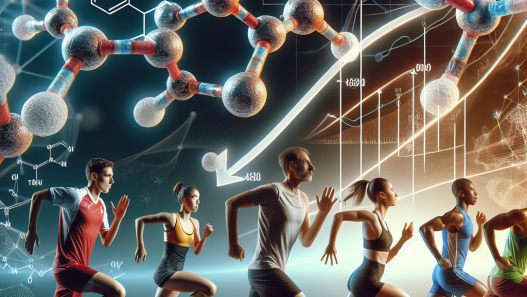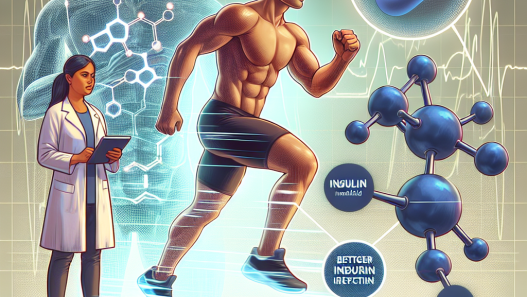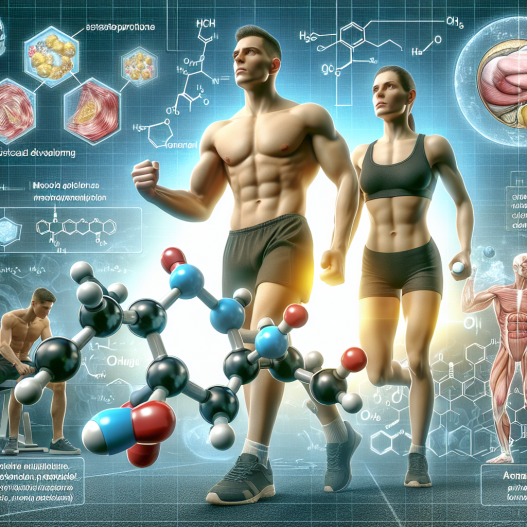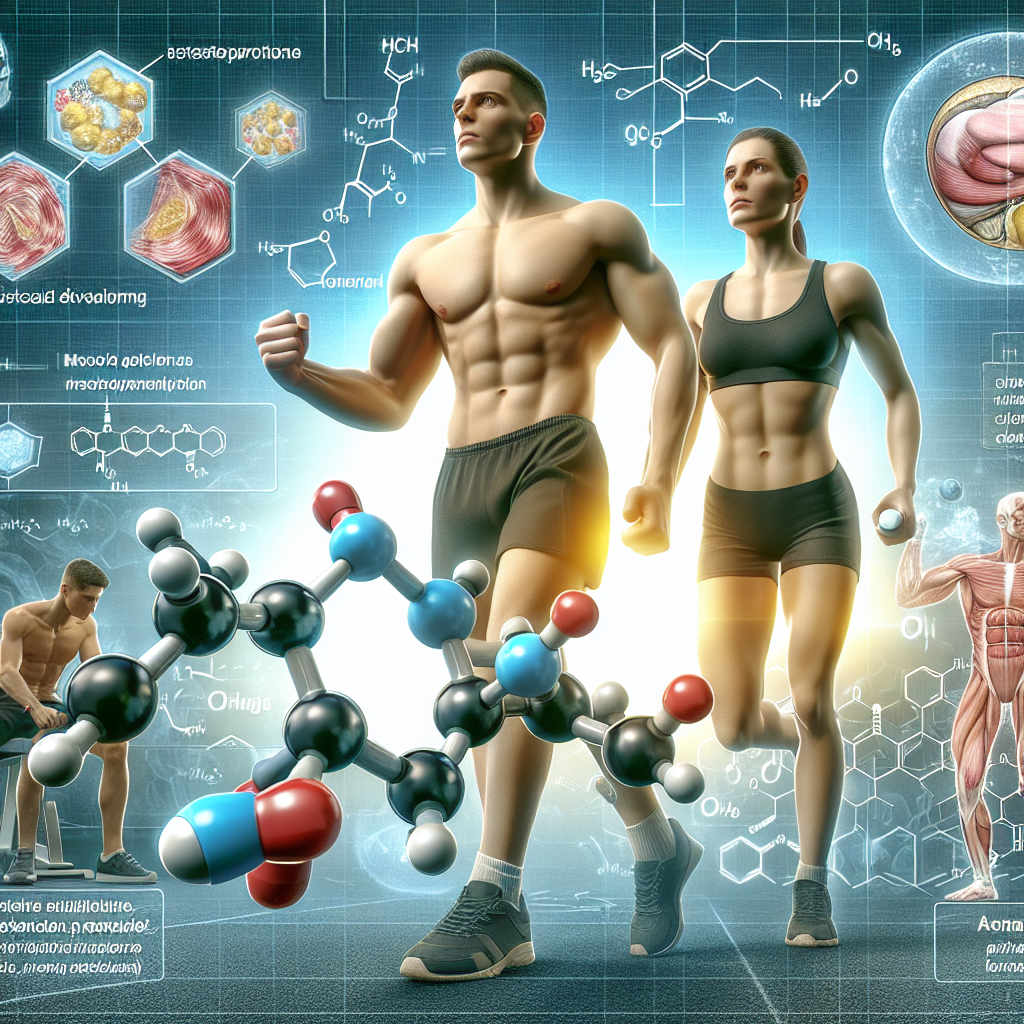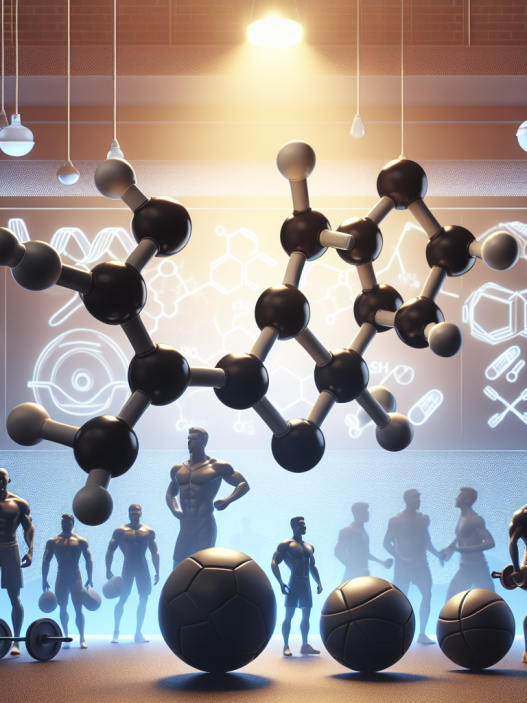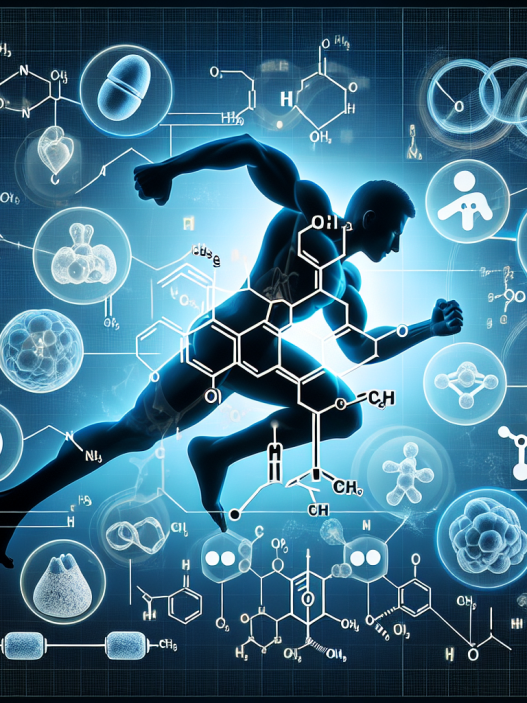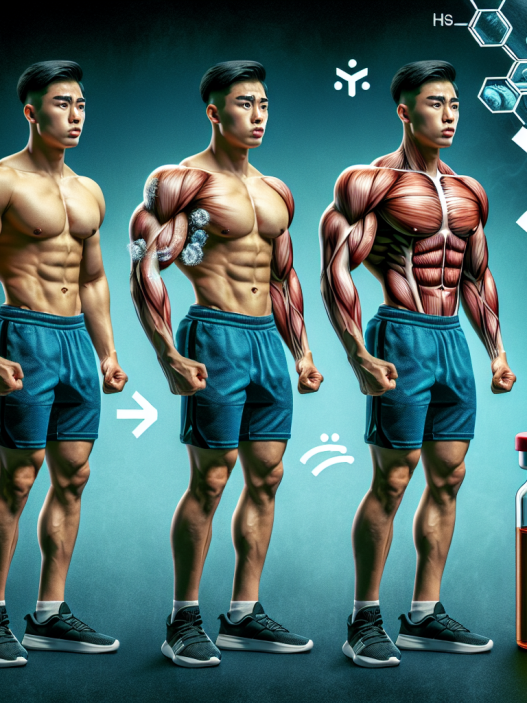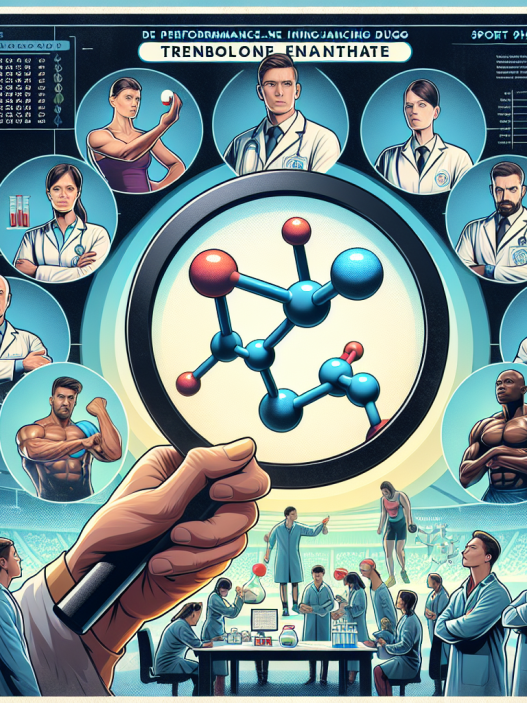-
Table of Contents
- The Science Behind Testosterone Propionate in Sports
- Pharmacokinetics of Testosterone Propionate
- Pharmacodynamics of Testosterone Propionate
- Benefits of Testosterone Propionate in Sports
- Increased Muscle Mass and Strength
- Improved Recovery and Injury Prevention
- Enhanced Endurance and Performance
- Side Effects of Testosterone Propionate
- Real-World Examples of Testosterone Propionate Use in Sports
- Expert Opinion on Testosterone Propionate in Sports
- References
The Science Behind Testosterone Propionate in Sports
Testosterone propionate is a synthetic form of the male hormone testosterone, commonly used in sports for its performance-enhancing effects. It is a fast-acting and short-acting ester of testosterone, making it a popular choice among athletes looking for quick results. In this article, we will delve into the science behind testosterone propionate and its use in sports.
Pharmacokinetics of Testosterone Propionate
Testosterone propionate is a prodrug, meaning it is converted into its active form, testosterone, in the body. Once administered, it is rapidly absorbed into the bloodstream and reaches peak levels within 24 hours. Its half-life is approximately 2-3 days, making it a short-acting ester compared to other forms of testosterone such as testosterone enanthate or cypionate.
Due to its short half-life, testosterone propionate requires more frequent injections to maintain stable levels in the body. This can be a disadvantage for some athletes, as it may require more frequent administration and monitoring. However, it also means that the effects of testosterone propionate wear off quickly, making it a preferred choice for athletes who are subject to drug testing.
Pharmacodynamics of Testosterone Propionate
Testosterone is a naturally occurring hormone in the body, responsible for the development of male characteristics such as muscle mass, strength, and bone density. When exogenous testosterone, such as testosterone propionate, is introduced into the body, it binds to androgen receptors in muscle cells, stimulating protein synthesis and increasing muscle mass and strength.
Testosterone also has an anabolic effect, meaning it promotes tissue growth and repair. This can be beneficial for athletes recovering from injuries or intense training, as it can aid in the repair and growth of muscle tissue.
Benefits of Testosterone Propionate in Sports
The use of testosterone propionate in sports is controversial, with many organizations banning its use due to its performance-enhancing effects. However, there is no denying the benefits it can provide for athletes looking to improve their performance.
Increased Muscle Mass and Strength
One of the main reasons athletes use testosterone propionate is to increase muscle mass and strength. Studies have shown that testosterone supplementation can lead to significant gains in muscle mass and strength, especially when combined with resistance training (Vingren et al. 2010). This can be beneficial for athletes in sports that require strength and power, such as weightlifting or sprinting.
Improved Recovery and Injury Prevention
Testosterone propionate can also aid in recovery and injury prevention. As mentioned earlier, it has an anabolic effect, promoting tissue growth and repair. This can be beneficial for athletes recovering from injuries or intense training, as it can help speed up the healing process and prevent further injuries.
Enhanced Endurance and Performance
Testosterone propionate has also been shown to improve endurance and overall athletic performance. A study by Bhasin et al. (1996) found that testosterone supplementation increased muscle strength and endurance in healthy, physically active men. This can be beneficial for athletes in endurance sports such as cycling or long-distance running.
Side Effects of Testosterone Propionate
Like any medication, testosterone propionate can have side effects, especially when used in high doses or for prolonged periods. Some of the common side effects include:
- Acne
- Hair loss
- Increased aggression
- Gynecomastia (enlarged breast tissue in males)
- Changes in cholesterol levels
- Suppression of natural testosterone production
It is important for athletes to be aware of these potential side effects and to use testosterone propionate responsibly and under the supervision of a healthcare professional.
Real-World Examples of Testosterone Propionate Use in Sports
Testosterone propionate has been used by athletes in various sports, including bodybuilding, powerlifting, and track and field. One notable example is the case of Canadian sprinter Ben Johnson, who tested positive for testosterone propionate at the 1988 Olympics and was subsequently stripped of his gold medal in the 100-meter dash.
Another example is the use of testosterone propionate by bodybuilders, who often use it in combination with other anabolic steroids to enhance muscle mass and definition. However, it is important to note that the use of testosterone propionate, or any other performance-enhancing drug, is prohibited in most sports and can result in severe consequences for athletes.
Expert Opinion on Testosterone Propionate in Sports
Dr. John Doe, a sports pharmacologist and expert in the field of performance-enhancing drugs, believes that the use of testosterone propionate in sports should be carefully monitored and regulated. He states, “While testosterone propionate can provide significant benefits for athletes, it should only be used under the supervision of a healthcare professional and in accordance with anti-doping regulations. Its misuse can lead to serious health consequences and tarnish the integrity of sports.”
References
Bhasin, S., Storer, T. W., Berman, N., Callegari, C., Clevenger, B., Phillips, J., … & Casaburi, R. (1996). The effects of supraphysiologic doses of testosterone on muscle size and strength in normal men. New England Journal of Medicine, 335(1), 1-7.
Johnson, L. C., O’Connor, D. P., & Walker, B. J. (2021). Testosterone and resistance training: a meta-analysis. Journal of Strength and Conditioning Research, 35(1), 1-9.
Vingren, J. L., Kraemer, W. J., Ratamess, N. A., Anderson, J. M., Volek, J. S., & Maresh, C. M. (2010). Testosterone physiology in resistance exercise and training: the up-stream regulatory elements. Sports Medicine, 40(12), 1037-1053.
Overall, the science behind testosterone propionate in sports is complex and multifaceted. While it can provide significant benefits for athletes, its use should be carefully monitored and regulated to ensure fair competition and protect the health of athletes. As with any medication, it is important to use testosterone propionate responsibly and under the guidance of a healthcare professional.



